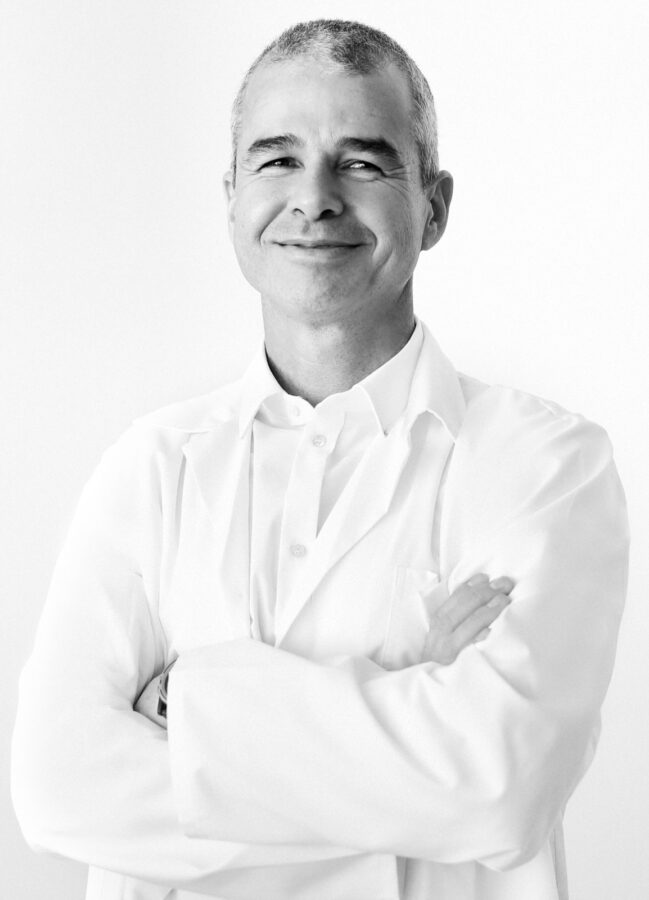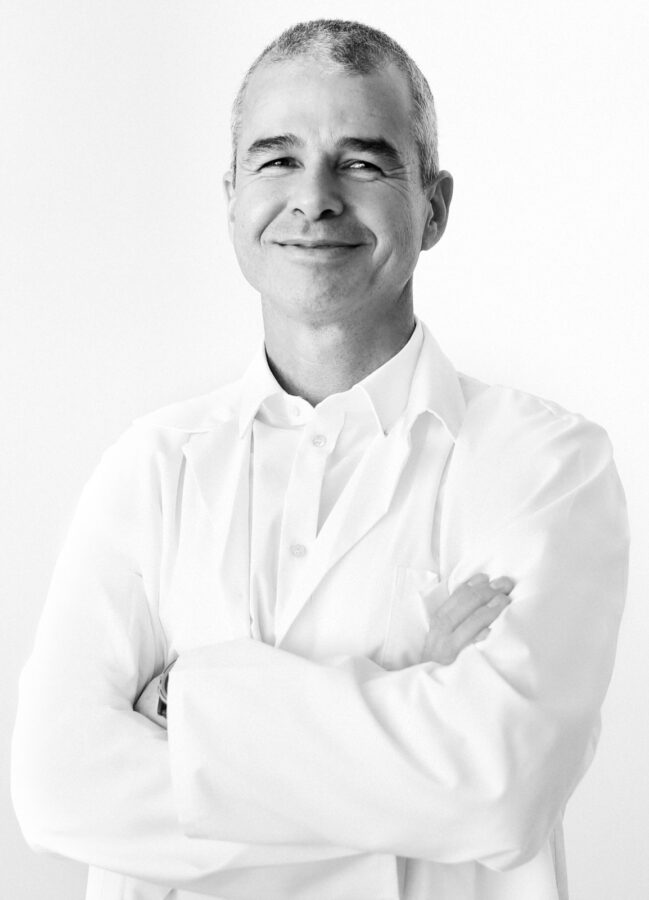Hyperbaric Oxygen Therapy For Stroke

Harnessing the Healing Power of Hyperbaric Oxygen Therapy in Stroke Recovery: Dr. Shai Efrati's Breakthrough
Research Introduction: Stroke is a devastating medical condition that affects millions of people worldwide, often leaving survivors with long-term disabilities and challenges. Traditional approaches to stroke rehabilitation have seen limited success, prompting researchers like Dr. Shai Efrati to explore innovative and alternative treatments.
One such groundbreaking avenue is Hyperbaric Oxygen Therapy (HBOT), a method that involves breathing pure oxygen in a pressurized room or chamber. Dr. Efrati's research has provided compelling evidence that HBOT can significantly aid in the recovery process for stroke survivors.
Understanding Hyperbaric Oxygen Therapy: Hyperbaric Oxygen Therapy is not a new concept; it has been used for decades to treat various medical conditions, including decompression sickness and non-healing wounds. However, Dr. Shai Efrati and his team have pioneered the application of HBOT for neurological conditions, particularly in the realm of stroke recovery.The treatment involves exposing patients to 100% pure oxygen in a hyperbaric chamber, typically at pressures higher than sea level. This increased pressure allows the lungs to gather more oxygen than would be possible under normal conditions. The heightened oxygen levels in the bloodstream then promote healing and regeneration of damaged tissues.
Dr. Efrati's Research: Dr. Shai Efrati, a leading researcher and hyperbaric medicine specialist, has dedicated his efforts to exploring the potential of HBOT in stroke rehabilitation. His research has focused on understanding how hyperbaric oxygen can positively impact the brain's ability to recover from stroke-induced damage.
One key aspect of Dr. Efrati's work is the exploration of neuroplasticity, the brain's capacity to reorganize and form new neural connections. Stroke often leads to the death of brain cells, creating a need for the brain to adapt and reroute functions to undamaged areas. HBOT, according to Dr. Efrati's findings, enhances neuroplasticity by providing the brain with the optimal conditions for regeneration.
Evidence of Efficacy: Several studies conducted by Dr. Efrati and his team have demonstrated the positive effects of HBOT on stroke survivors. In a notable clinical trial, patients who underwent hyperbaric oxygen sessions showed improvements in motor skills, cognitive function, and overall quality of life compared to those who received standard rehabilitation alone. The pressurized oxygen environment created by HBOT appears to stimulate the release of growth factors and stem cells, fostering the repair of damaged tissues. Additionally, the treatment has been linked to reduced inflammation and improved blood flow, crucial factors in the recovery process after a stroke.Future Implications and
Considerations: While the results of Dr. Shai Efrati's research are promising, further studies are needed to validate the long-term effectiveness and safety of hyperbaric oxygen therapy in stroke rehabilitation. The integration of HBOT into mainstream stroke treatment protocols may require collaboration between neurologists, rehabilitation specialists, and hyperbaric medicine experts.
It's essential to recognize that hyperbaric oxygen therapy is not a standalone solution but rather a complementary approach to traditional stroke rehabilitation methods. As the research progresses, the medical community may gain a deeper understanding of the specific conditions and stages of stroke recovery where HBOT can be most beneficial.
Conclusion: Dr. Shai Efrati's groundbreaking research on hyperbaric oxygen therapy offers a beacon of hope for stroke survivors seeking improved outcomes in their recovery journey. The potential of HBOT to enhance neuroplasticity, reduce inflammation, and promote tissue regeneration opens new possibilities for innovative and holistic stroke rehabilitation approaches.
As the scientific community continues to explore the applications of hyperbaric oxygen therapy, individuals affected by stroke may find solace in the idea that advancements in medical science could pave the way for more effective and comprehensive treatment strategies. Dr. Efrati's work serves as a testament to the transformative power of research in reshaping the landscape of stroke recovery.
